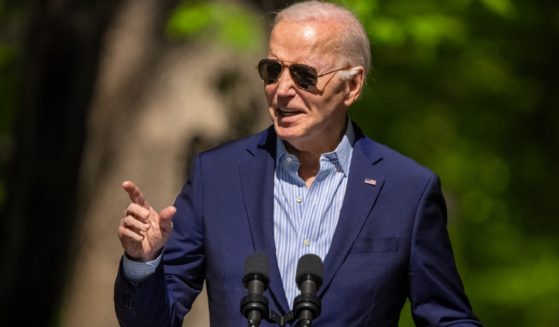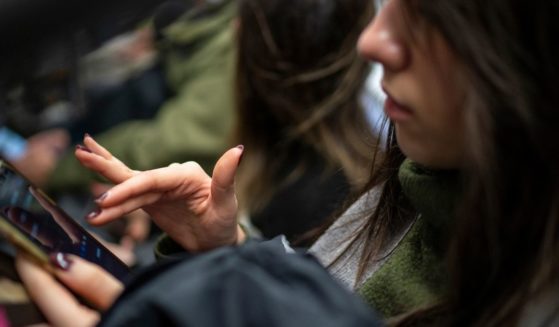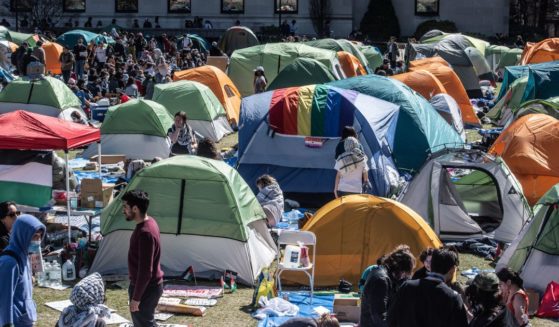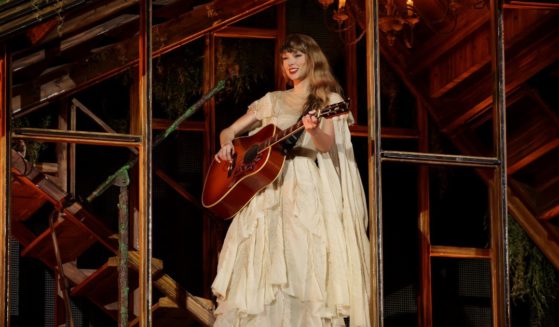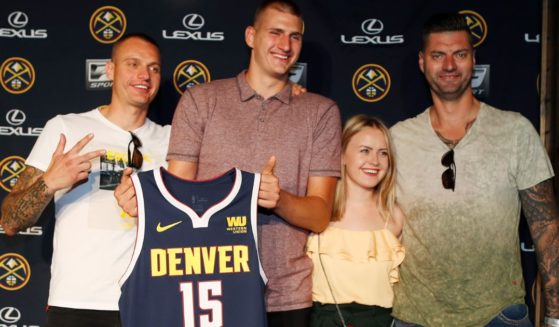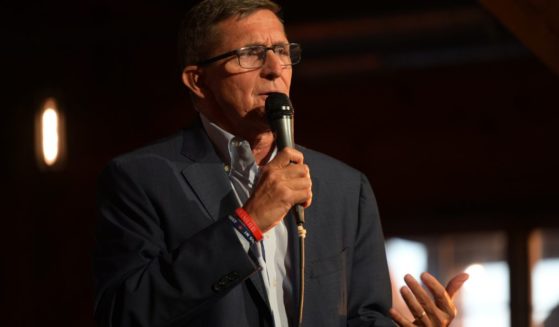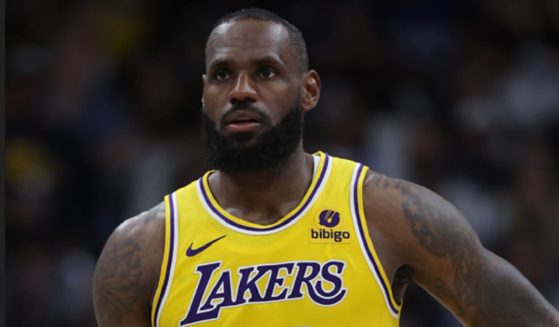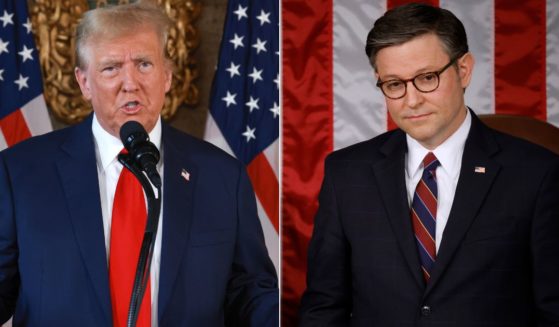'Minneapolis Effect' Leading to 'Skyrocketing' Violence Around the Country, Expert Says
When cities cut the police, Americans bleed.
That is the contention advanced by one researcher who believes that the full-scale retreat from supporting police that has taken place in Minneapolis and other cities is fueling an increase in violence that is claiming American lives.
“I think what Minneapolis is seeing is the same thing we’re seeing all over the country,” Paul Cassell, a professor at the University of Utah’s S.J. Quinney College of Law and a former federal judge, told KMSP-TV.
“We’re seeing a reduction in proactive policing, and as a result of that homicide and shootings are skyrocketing all over the country.”
Cassell said what he calls the “Minneapolis Effect” is not simply an increase in rioting, as was seen in the riots that took place after the May 25 death of George Floyd in Minneapolis.
That began the chain of events, he said, but what followed was a pattern in which police departments backed down and backed off of tactics that would deter crime before it took place.
Further, local political leaders in cities such as Seattle, Chicago, New York City and Philadelphia — among others — began calling for their police departments’ budgets to be cut. Even without the reductions budget cuts entail, Cassell suggested that the anti-proactive policing sentiment may have led to a further reluctance on the part of local departments to be aggressive.
“Specifically, law enforcement agencies have been forced to divert resources from normal policing to patrolling demonstrations,” Cassell wrote in the abstract of his paper that is being published in the Federal Sentencing Reporter.
“And even as the anti-police protests have abated, police officers have scaled back on proactive or officer-initiated law enforcement, such as street stops and other forms of policing designed to prevent firearms crimes.”
“Where it’s become very controversial is the idea of massively shifting resources away from police departments and into other services because then you start to impact core police functions,” he added to the Sinclair Broadcast Group. “What my research shows is, beginning in the last week of May, there was a significant upward spike in homicides and shootings in a number of urban areas.”
“My estimates are that several hundred additional victims were murdered because of a reduction in policing,” he said. “There are very significant trade-offs that need to be considered here that have truly life-threatening implications if they’re not handled carefully.”
The Minneapolis-inspired crime spree had led to 710 additional homicides and 2,800 more shootings, Cassell said. He noted that most victims are poor and minorities, who he said are casualties of a policing pullback that has allowed more guns on the street.
“There has been a boomerang effect. We’re seeing a decline in policing that is striking in particular minority victims,” Cassell told KSL-FM, adding that police “play a vital role in preventing gun violence. Everything that interferes with that role can have deadly consequences.”
He said local governments need to look beyond impulses when and if they cut police budgets.
“If this article’s thesis about a Minneapolis Effect is correct, an important implication is that policymakers in major cities should proceed cautiously before taking step to ‘defund’ the police in ways that might reduce proactive policing that is important in preventing gun violence,” Cassell wrote in the abstract of his paper.
Human dynamics are also a factor, said Lisa Clemons, a former Minneapolis police officer who now is the director of an outreach group called Mother’s Love Initiative.
“When you say, ‘abolish the police, we want the police gone,’ everything in a negative term, you don’t think they hear that?” Clemons said.
Cassell laid out his case in an Op-Ed for The Wall Street Journal that pointed out that in Chicago, one of the major cities where homicides have spiked, murders were up 52 percent as of Sept. 1, when as of May 28, the number of murders was on par with 2019.
“Chicago’s shooting spike reflects what is happening in many major cities across the country. Researchers have identified a ‘structural break’ in homicide numbers, beginning in the last week of May. Trends for most other major crime categories have remained generally stable or moved slightly downward,” he wrote.
“What changed in late May? The antipolice protests that began across the country around May 27 appear to have resulted in a decline in policing directed at gun violence, producing — perhaps unsurprisingly — an increase in shootings.”
Cassell wrote that “in cities around the country, both law-enforcement and citizen reports suggest a general reluctance by officers to engage in hot-spot and other enforcement efforts that are most effective in deterring gun violence.”
Truth and Accuracy
We are committed to truth and accuracy in all of our journalism. Read our editorial standards.


